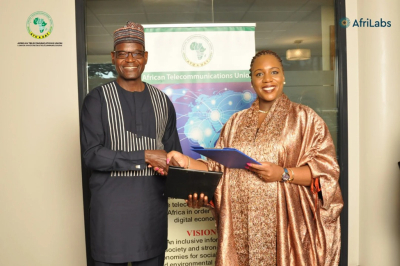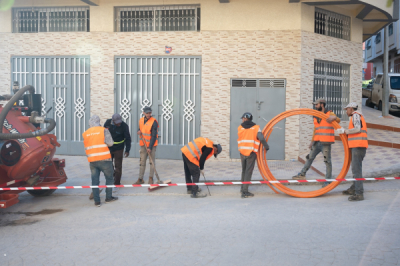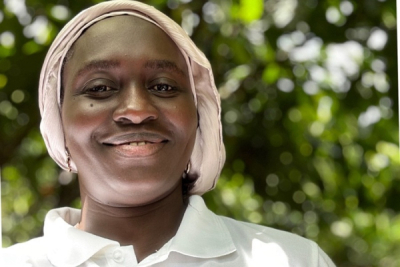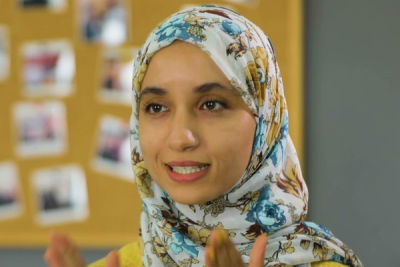• Gabon plans to restore IAI as a leading African tech training center.
• Reforms target curriculum, governance, and member state coordination.
• Move addresses aims continent-wide digital skills shortage.
The Gabonese government aims to restore the Libreville-based African Institute of Computer Science (IAI), founded in 1971, to its former status as a leading center for training high-level computer engineers on the continent. This initiative is part of the administration's broader effort to revitalize the pan-African institution.
Mark Alexandre Doumba, Gabon's Minister of Digital Economy, Digitalization and Innovation, met on Tuesday, July 22, with the IAI leadership to conduct a full review of the current situation. He reaffirmed his commitment to continuing a deep overhaul of the Institute, aligning with a pledge made by his predecessor.
“While the IAI long embodied excellence and innovation in the digital field in Africa, structural and organizational difficulties in recent years have slowed its development and influence,” the ministry stated in a press release published on Facebook.
Among the priorities discussed were modernizing training programs, implementing a new educational and managerial approach, overhauling governance, and developing a comprehensive recovery plan. The minister also announced the upcoming convening of an extraordinary board meeting with member states to approve a coordinated relaunch.
The government’s commitment comes amid a digital transformation marked by a growing demand for digital skills. According to the World Bank, 230 million jobs in Sub-Saharan Africa will require digital competencies by 2030, with a strong concentration in digital services. These opportunities will demand profiles equipped with intermediate or advanced skills.
However, a study by Talentum, a fintech specializing in human resources, indicates that most African countries still train fewer than 5,000 computer engineers per year, while demand is often ten times higher. This shortage of technical skills significantly slows the progress of digital transformation on the continent.
For now, the revival of the IAI remains a strong political will that still needs to be implemented. Questions remain about the sustainability of reform financing, the institution’s capacity to keep pace with rapid technological changes, and the effective commitment of all member states. These include Benin, Burkina Faso, Cameroon, Central African Republic, Côte d’Ivoire, Gabon, Niger, Senegal, Chad, Togo, and Congo.
Isaac K. Kassouwi



















